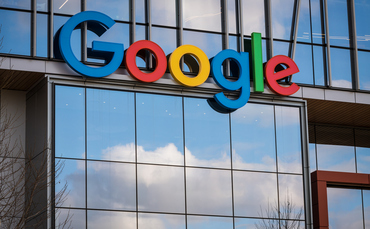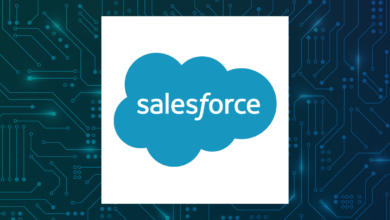Google eyes HubSpot acquisition to challenge Microsoft

The deal, if finalised, would be the largest in Alphabet’s history and a strategic move to bolster its competitiveness in the cloud applications market.
Reports of Google’s interest in HubSpot first emerged last month, leading to an 11% surge in HubSpot’s shares. Reuters reported at that time that Alphabet had met with investment bankers to explore the possibility of making an offer for the software firm.
Earlier this month, Bloomberg said that negotiations between the two parties were still ongoing and no official agreement had been reached.
Sources said possibility of a deal was high, although warned that deliberations could still fall through and other potential buyers may emerge.
The potential acquisition of HubSpot aligns with Google’s broader strategy to challenge Microsoft’s dominance.
“It does appear that Google has aspirations to try to take market share from Microsoft in the productivity suite, and they can use HubSpot to bundle applications together for clients,” wrote Derrick Wood, a Cowen analyst, in a research note seen by Reuters.
Despite being the third-largest cloud services provider, Google holds less than half of Microsoft’s market share, with Amazon commanding a third of the market.
A HubSpot acquisition could help the company narrow this gap and enhance its offerings in the cloud sector.
The deal would also give Google a foothold in the customer relationship management (CRM) sector, currently dominated by Microsoft’s Dynamics 365 products.
Financially, HubSpot has shown strong performance, with a 20% YoY sales boost in Q1 2024 leading to a profit of $6 million. However, some analysts remain sceptical due to concerns about weakened demand.
HubSpot is known for its inbound marketing software catering to small and medium-sized businesses. Analysts warn that the firm’s growth might be unsustainable, as high interest rates make it harder for SMEs to secure financing.
Despite that, HubSpot’s focus on inbound marketing – attracting customers through search engines and social media – presents a strategic advantage for Google. It matches perfectly with Google’s core search engine business and YouTube, another Alphabet property.
Google is also seeking to expand its reach beyond large enterprises, which are Microsoft’s primary target, making HubSpot’s existing client base even more attractive.
Beyond immediate customer acquisition, acquiring HubSpot would provide Google with valuable first-party data; crucial as the search giant phases out third-party cookies in Chrome later this year. This data would be instrumental in Google’s advertising business, a key area for applying its advancements in AI.
While Google trails behind Microsoft in the cloud market, it is on more equal footing with the Windows maker in the rapidly evolving AI space.
Both companies, along with Meta and Amazon, have announced significant AI advancements over the past year, including the development of custom AI chips and new AI applications.
At its recent I/O developer conference, Google unveiled a comprehensive suite of AI tools named Gemini, reinforcing its position as a formidable player in the AI arena.
Microsoft followed with its own AI updates.


